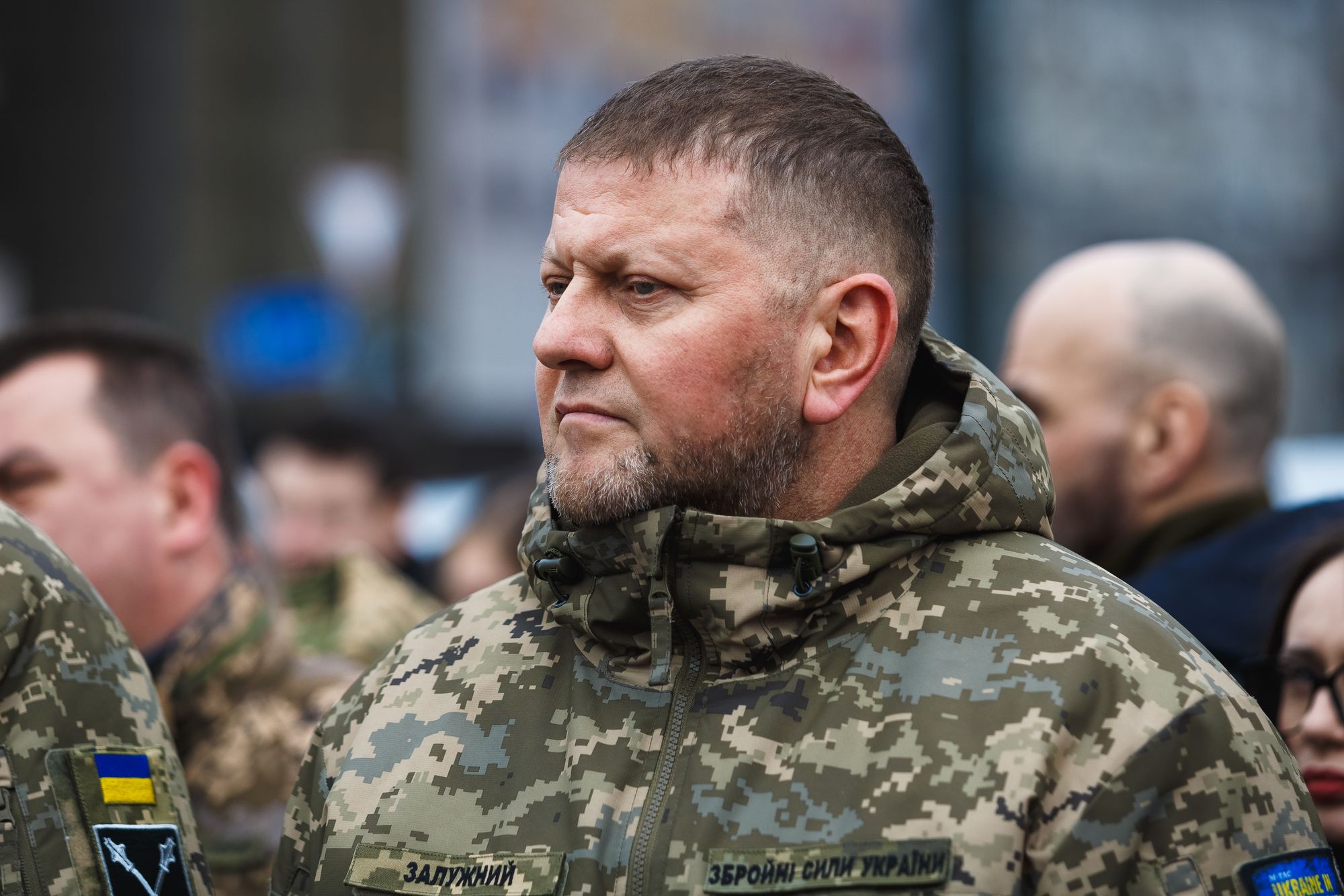The U.S. could make a decision on providing cluster munitions to Ukraine as early as this week, CBS News reported on July 6, citing undisclosed U.S. officials.
The dual-purpose improved conventional munitions (DPICM) that Washington is considering carry smaller bomblets that disperse across a wide area upon detonation, covering five times the area as a conventional munition, one of the sources said.
CBS News said the U.S. is considering sending DPICMs to boost Ukraine's ongoing counteroffensive.
A bipartisan group of U.S. lawmakers asked President Joe Biden on June 26 to provide the specialized ammunition. As Foreign Policy magazine wrote, DPICMs can be fired by the 155mm artillery systems that the U.S. has already provided to Ukraine and could be very effective at clearing Russian defense lines.
The step could prove controversial due to humanitarian concerns over the use of cluster munitions. The unexploded bomblets may pose a danger to the civilian population in the area long after the hostilities end.
More than 100 countries joined the Convention on Cluster Munitions, banning their use, production, and stockpiling. The U.S., Russia, and Ukraine are not among the signatories.
CBS News noted that just over 1% of the DPICM bomblets fail to explode right upon use, which may be negligible enough to convince the Allies of the low risks in providing cluster munitions to Ukraine.
Foreign Policy reported on Jan. 11 that Turkey already provided Ukraine with the cluster munition, but Ankara denied it. According to international observers, Russia has been extensively using cluster munitions, including against civilian targets.












